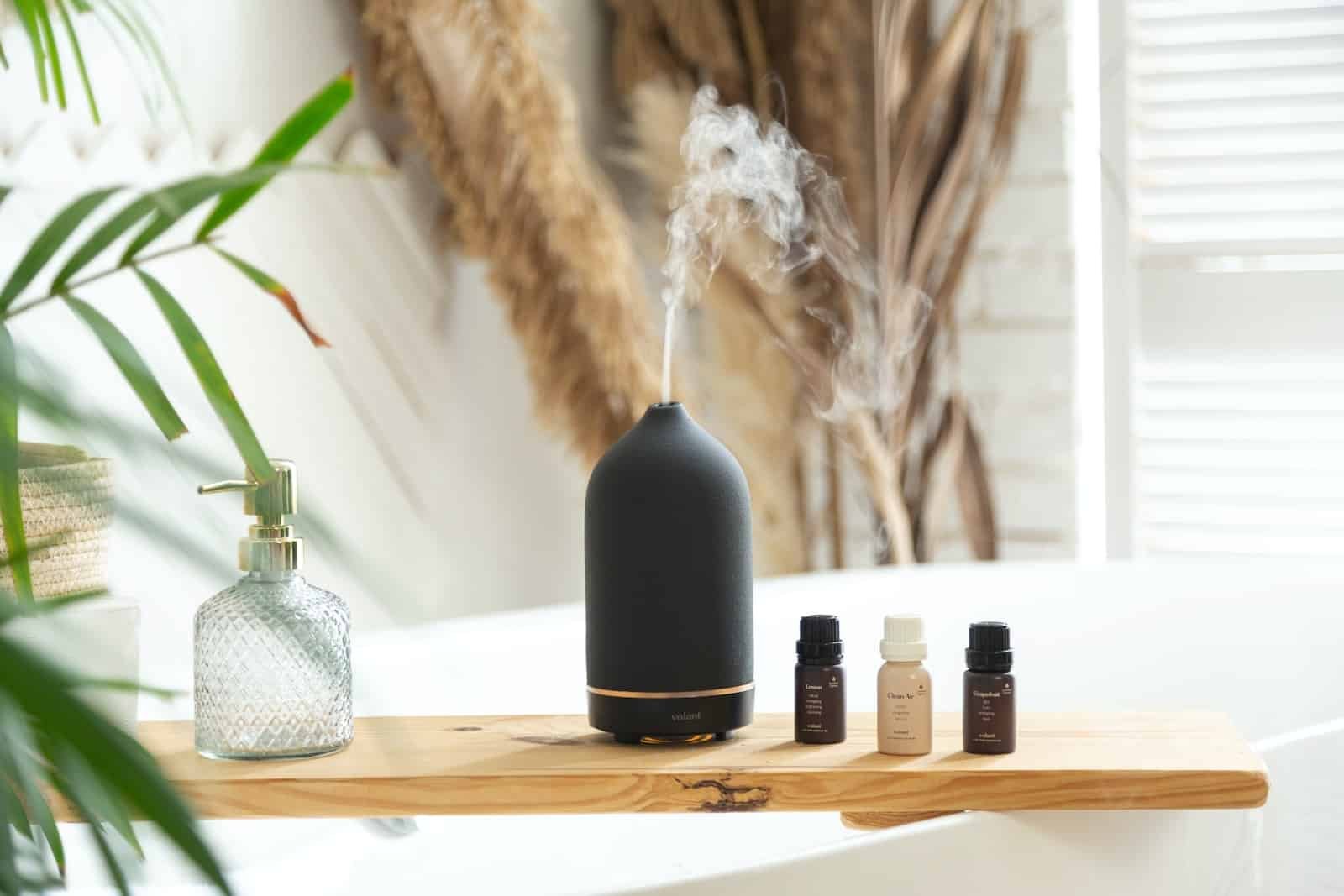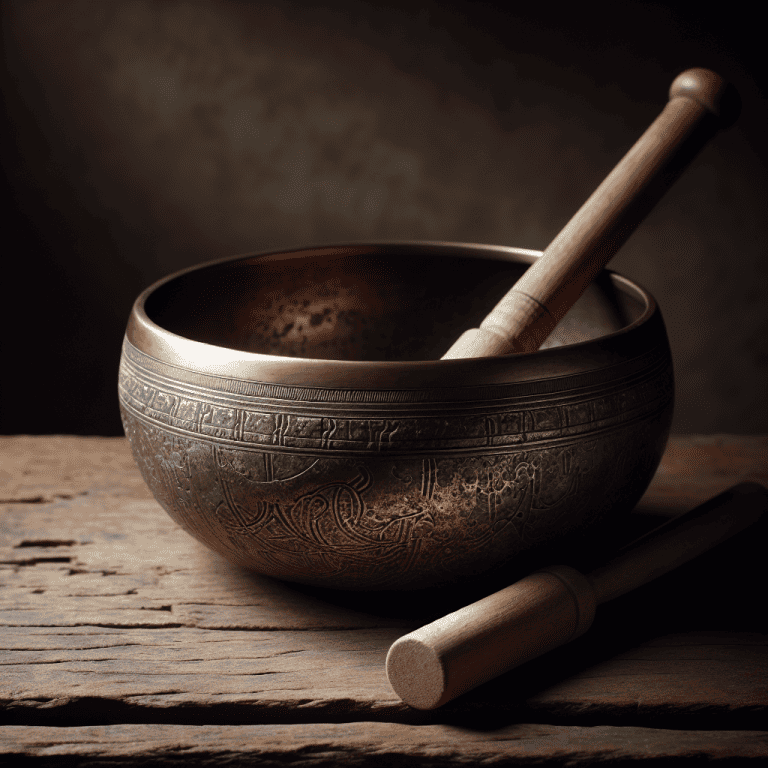The Power of Aromatherapy: Discover the Benefits of Scented Oils and Essential Oils

Wellness Fixation is reader supported, meaning I may earn a small commission if you purchase something through my links at no extra cost to you. Thanks for your support! Learn more
The Power of Aromatherapy: Discover the Benefits of Scented Oils and Essential Oils
When was the last time you took a deep breath and let your senses be immersed in something truly relaxing? Aromatherapy is more than just lighting a scented candle or spritzing on some perfume – it’s the art of using essential oils to promote physical, mental, and emotional wellbeing. From lavender for relaxation to peppermint for energy, aromatherapy has been used since ancient times to soothe the mind and body. Get ready to discover the power of aromatherapy as we delve into its benefits, how to use it, recipes to try out at home, and much more!
What is Aromatherapy?
Aromatherapy is a holistic healing treatment that uses essential oils to improve physical and emotional health. Essential oils are extracted from plants, flowers, herbs or trees and contain the plant’s natural fragrance. These scents can have therapeutic benefits when inhaled or applied topically.
Aromatherapy works by triggering your sense of smell which sends a signal to your brain. This signal then activates different parts of your brain that control emotions, memory, hormonal balance and other bodily functions.
The use of aromatherapy has been around since ancient times, with records dating back to over 4,000 years ago in Egypt. It was also used by the Greeks and Romans who believed in the healing powers of aromatic herbs.
Today, aromatherapy is widely recognized as an effective complementary therapy for improving mood disorders such as anxiety and depression, managing pain associated with chronic conditions like arthritis or cancer treatment side effects, boosting immunity against infections among many others.
Whether you’re looking for relaxation after a long day at work or relief from chronic pain symptoms – incorporating aromatherapy into your daily routine may be exactly what you need!
The Benefits of Aromatherapy
Aromatherapy is an alternative medicine that uses essential oils derived from plants to promote physical, emotional and mental health. The benefits of aromatherapy have been recognized for centuries and are becoming increasingly popular in modern times.
One of the significant advantages of aromatherapy is its ability to reduce stress and anxiety levels. Essential oils such as lavender, chamomile, bergamot and frankincense possess calming properties that help soothe the mind and body.
Aromatherapy can also boost your mood and energy levels. Citrus oils like lemon, orange or grapefruit are known for their uplifting effects on the mind while peppermint oil helps increase alertness.
Another benefit of aromatherapy is its ability to relieve pain naturally. Essential oils like eucalyptus or ginger possess analgesic properties that can alleviate muscle aches or headaches.
Moreover, aromatherapy has immune-boosting qualities that can improve overall wellbeing. Tea tree oil possesses antimicrobial properties that support natural defenses against infections while rosemary oil stimulates circulation which can enhance immunity.
Using essential oils in aromatherapy may even promote better sleep quality by helping you relax at night time. Oils such as lavender or roman chamomile have sedative effects on the nervous system which could aid falling asleep faster.
These are just some of the many benefits of using essential oils in aromatherapy for your overall wellness!
How to Use Aromatherapy
Using aromatherapy can be a wonderful way to improve your overall well-being, but it’s important to know how to use it properly. One of the most popular ways to use aromatherapy is through the use of essential oils. There are several different methods for using essential oils.
One way is by adding a few drops of oil to a diffuser and allowing the scent to fill the room. This method is great for creating an overall calming atmosphere in your home or office. Another way is by applying diluted essential oils directly onto your skin, such as on pulse points like your wrists or neck.
You can also add essential oils into bathwater for a relaxing soak or blend them with carrier oils for massage therapy. Some people even incorporate aromatherapy into their yoga practice, either through diffusing scents during class or incorporating specific scents into their post-practice meditation.
It’s important to note that while aromatherapy can have many benefits, it should not replace medical treatment if necessary. Always consult with a healthcare professional before using any new treatments or therapies in conjunction with existing medical conditions.
Aromatherapy Recipes
Aromatherapy recipes are a great way to create customized blends of scents that can provide specific benefits for your mind and body. One popular recipe is the “stress relief” blend, which combines lavender, bergamot, and ylang-ylang essential oils. This combination has been shown to reduce stress and anxiety.
Another popular aromatherapy recipe is the “energizing” blend, which includes peppermint, lemon, and rosemary essential oils. This invigorating scent helps boost energy levels and improve focus throughout the day.
For those looking for a relaxing bedtime routine, try mixing chamomile, clary sage, and frankincense essential oils into a soothing nighttime blend. These calming scents help ease tension in both the mind and body to promote restful sleep.
It’s important to note that when creating aromatherapy recipes at home, it’s crucial to use high-quality essential oils from reputable sources. Additionally, always dilute these potent oils with a carrier oil before applying them topically or using them in diffusers.
Experimenting with different combinations of scents can be fun while also providing therapeutic benefits for your overall well-being.
Alternatives to Aromatherapy
While aromatherapy can be incredibly beneficial for many people, it’s not always the right approach. Some individuals may have sensitivities or allergies to certain scents, while others simply don’t find it effective. Fortunately, there are several alternatives to aromatherapy that can provide similar benefits.
One option is massage therapy. This hands-on approach can help ease tension and promote relaxation in a way that is tailored specifically to your body’s needs. Another alternative is acupuncture, which involves inserting very thin needles into specific points on the body to stimulate healing and reduce pain.
Meditation and mindfulness practices can also be helpful in promoting relaxation and reducing stress levels. These techniques involve quieting the mind and focusing on the present moment through breathing exercises or visualization.
Simply spending time outdoors in nature has been shown to have numerous mental health benefits. Taking a walk in a park or hiking on a trail can help reduce stress levels and improve overall well-being.
Ultimately, finding what works best for you will depend on your individual needs and preferences. It’s important to explore different options until you find what feels right for you.
Conclusion
Aromatherapy is a powerful tool that can be used to enhance our physical and emotional well-being. Essential oils have been used for centuries to treat various ailments, and they continue to provide benefits today.
By incorporating aromatherapy into your daily routine, you can improve your quality of life in many ways. Whether it’s through diffusing scents throughout your home or using essential oils topically or internally, there are many ways to enjoy the benefits of this practice.
Remember, when using essential oils, it’s important to do so safely and responsibly. Always follow recommended guidelines for use and consult with a healthcare professional if you have any concerns.
Aromatherapy is an accessible and enjoyable way to promote relaxation and healing in our lives. So why not give it a try? Your mind and body will thank you!





